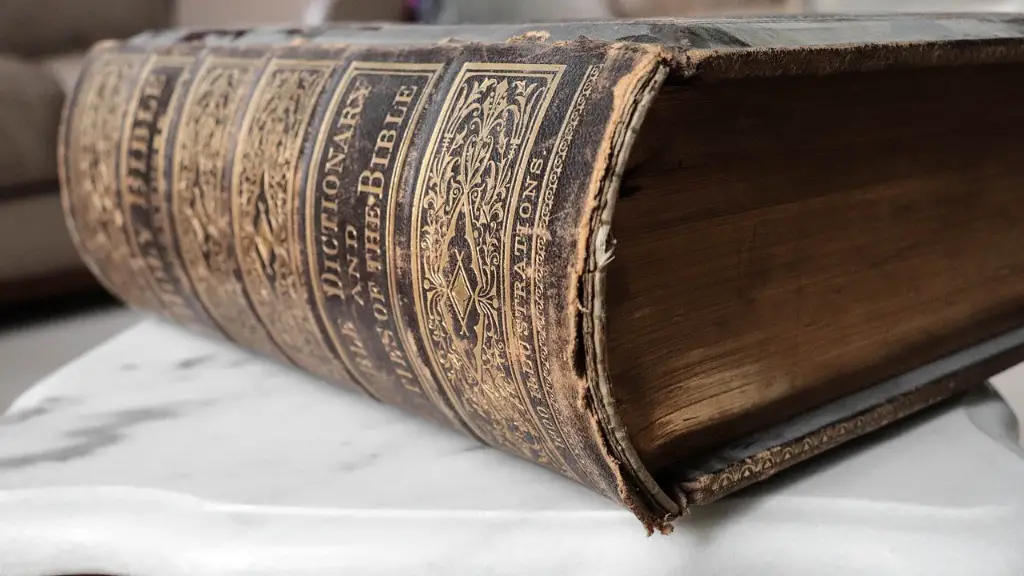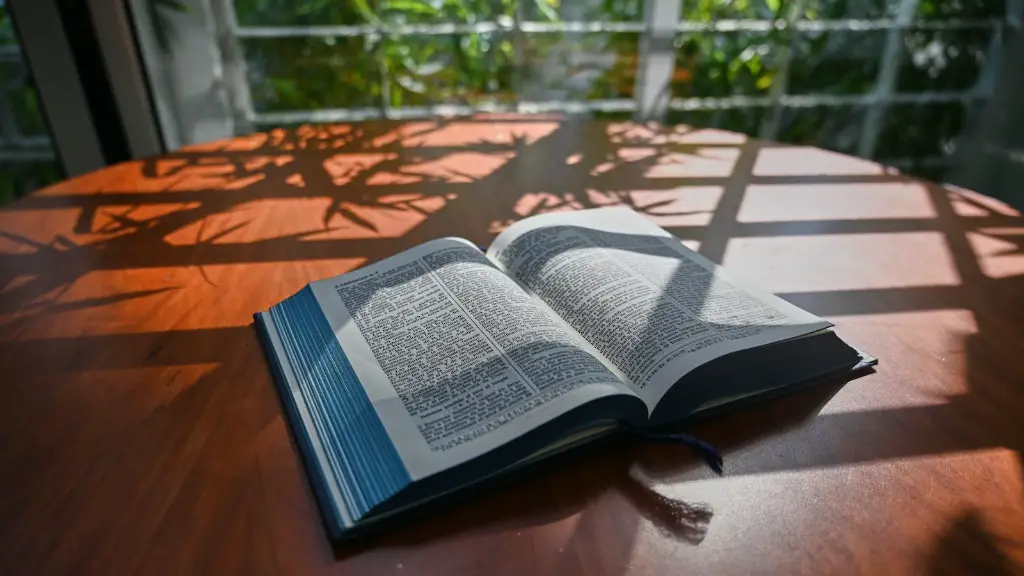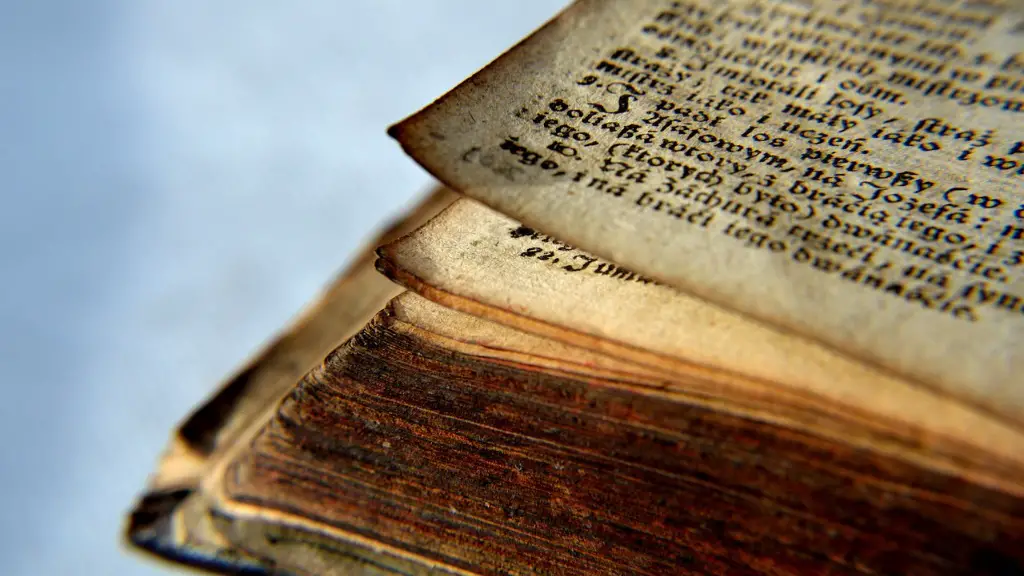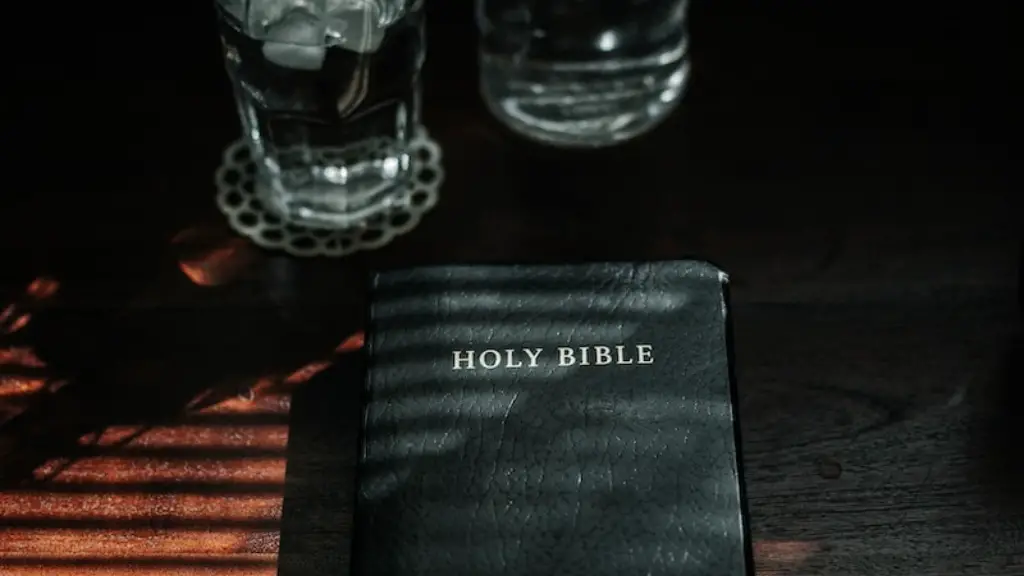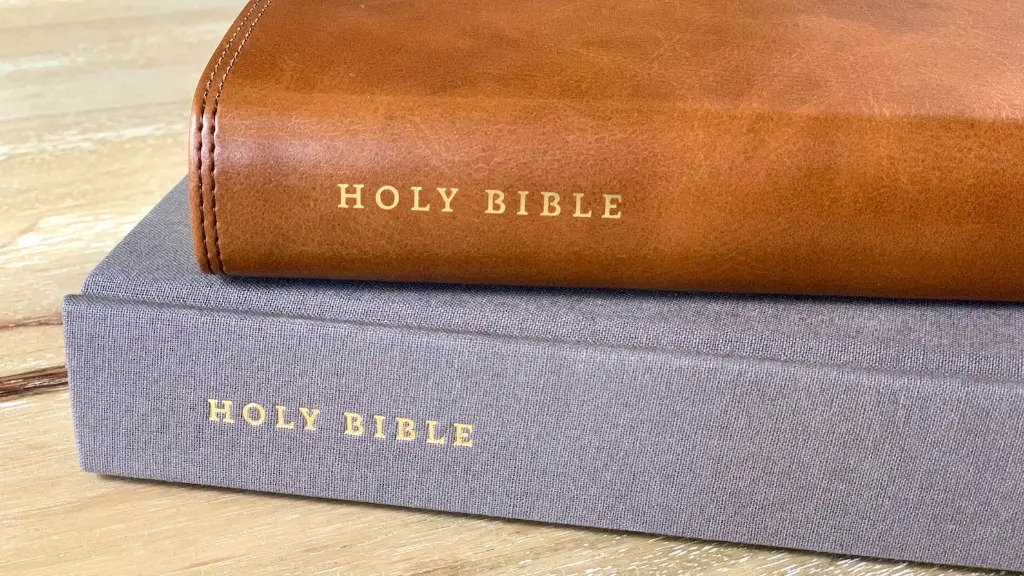In many religious philosophies, tarot cards are viewed skeptically and treated as taboo. Nearly all interpretations of the Bible warn against their use, as they are believed to deliver messages from the realm of darkness and obscure forces. Despite this, many Christians still turn to tarot cards for advice, divination and spiritual guidance. So what does the Bible say about tarot cards?
The strongest stance against tarot cards comes from Deuteronomy 18:10–12. It specifically mentions the use of divination and enchantment, and fortelling the future, which tarot cards are typically used for. Leviticus 19:31 also warns against consulting a spirit medium or necromancer, as it is ‘abhorrent to the Lord’, and consulting these means of supernatural communication is forbidden. Isaiah 8:19 states that people should ‘seek the law at his mouth’ rather than going to wizards, soothsayers and mediums. To many Christians, tarot cards and divination practices are thought to be a way of bypassing God and seeking guidance from false idols.
As a Biblical scholar, Dr. Jonathan J. Price views tarot cards as an especially dangerous practice, due to the manner of their accuracy. He says that while they seem to offer concrete wisdom, “they can lead to an unholy addiction to grabbing at answers from the wind and manipulating the Scriptural texts”. Price warns against using tarot cards, as opening one’s heart to powerful symbols from the occult can lead to extremely concerning behaviours, such as addiction and discrediting the Bible for one’s moral code.
On the contrary, some Christians are more accepting of tarot cards and use them for divination. Tim Shawcross, an independent Christian minister who spells for his clients, sees tarot cards as a form of veneration to the divine, rather than a blasphemous method of seeking guidance. He insists that tarot cards are, at their essence, symbols of a higher power, and are best enjoyed, not as a way to bypass God or the Bible, but as a tool to empathise with the divine. Additionally, Shawcross claims that despite all the warnings in the Bible surrounding divination, the three wise men were the original diviners, as they sought out the Child Jesus through a visitation of a star.
Both perspectives offer valid arguments and educate the reader on what the Bible says on the matter. However, ultimately, the individual’s interpretation of the Bible is up to him or her; so ultimately, it is down to the individual whether or not tarot cards should be used.
What is the View of the Catholic Faith on Tarot Cards?
The Catholic Church generally has a very negative opinion on tarot cards, associating them with the occult and evil spirits. Although the Catholic Church does not have an official stance on tarot cards, popular opinion is critical and States Popes John Paul II and Benedict XVI have discouraged their use. Additionally, according to the Catechism Of The Catholic Church, seeking help from ‘magicians, sorcerers, diviners, and various spiritualists’ is forbidden. Thus, tarot cards are equated with such activities and are seen as a way of consulting evil spirits or unseen forces.
Researcher John M. Oakes argues that tarot cards and their interpretations could be seen as a form of superstition as they are not Biblically based. He further suggests that even if used in a spiritual way, they rely heavily on mystic interpretation, as divination practices must be interpreted carefully. He believes that one should select other spiritual practices rather than tarot cards, which he believes are open to misinterpretation and can lead to confusion in a spiritual practice.
On the other hand, Patrick Lannon, a follower of the Catholic faith and user of tarot cards, believes that it is possible to use tarot cards as a method of spiritual guidance without compromising religious doctrine. He explains that tarot cards, like the Bible, deliver symbols to the reader, requiring interpretation, and though they can be perceived as an affront to religion, the symbols found within tarot cards can also be seen as positive traits such as patience, faith, endurance and grace. He concludes that tarot cards need to be used correctly, in order for them to be used in a spiritual and respectful way, and to accept their guidance without discrediting the Bible.
Conclusion
When it comes to tarot cards, the Bible warns against using them as a form of divination or seeking guidance from the occult, as doing so is considered blasphemous. However, the interpretation of the Bible is up to the individual and some Christians are more open to the use of tarot cards as a means of spiritual guidance. The Catholic Church tends to have a harsher opinion on their use, regarding them as an affront to religion and an open door to consulting evil spirits. Ultimately, it is down to the individual to decide whether to use tarot cards in line with the Bible.
What Is the Legal Standing of Tarot Cards?
In many countries, tarot cards are seen as a nuisance and not legal tender. This is mainly because of the concept and beliefs that go along with the practice, and it has been reserved in some countries such as Canada and the United States. This is because the legal definitions in these countries do not define tarot cards as a recognized form of payment. The prosecution of tarot card readings is also thought to have difficulty in defining the crime, which makes it difficult to enforce.
Legally, tarot readings are considered a form of entertainment and a psychic business, although heavily regulated. The regulations put on tarot card readings are mainly due to the potential for fraud, as some readers may use techniques of persuasion to get customers to spend more money. To protect customers from potential fraud, some states and countries have regulations, such as Indiana that require the readers to have a license from the Better Business Bureau in order to practice. Furthermore, Hollywood Psychics, an organisation based in California requires all of its tarot card readers to be certified by a professional tarot reader or astrologer accredited by the American Tarot Association.
Legally, tarot readers lack the protection of other professions because tarot reading is not yet a recognized profession. As tarot readings are largely seen as entertainment, not a legal profession, it leaves tarot readers vulnerable to being wrongfully treated. This is further complicated, as many courts and government agencies do not consider tarot as evidence. Despite this, tarot card readings do not have to be legally recognized to be practiced.
What Are the Philosophical and Ethical Foundations of Tarot Cards?
The philosophical foundation of tarot cards dates back to the 15th century and refers to the studies conducted by sociologist, philosopher and theologian Marsilio Ficino. He believed that the tarot contained ancient instructions and his work focused on numerology and connecting the cards with the four elements. This was backed up by philosopher Giovanni Pico della Mirandola, who wrote of the tarot as a source of divinatory insight and philosophical correspondence.
The ethical foundation of tarot is based on the idea that it can help us access our higher consciousness and gain a greater understanding of ourselves and our life paths. Tarot is ethics-based because it can provide a space for ethical reflection and understanding. Tarot offers a unique opportunity for self-reflection and enlightenment and it encourages ethical decision-making in every area of life. The ethical foundation also includes respecting our personal boundaries, using the cards ethically and responsibly, and using care when leading another person through a tarot reading.
As far as modern philosophy is concerned, the ethical questions raised by tarot will differ from one individual to the next. However, the root of the philosophical enquiry into ethics remains the same. Tarot encourages us to be mindful of our intentions and to always treat others with respect. This is essential in any form of divination or communication. By following this ethical code, tarot can be used to gain insight into our lives, rather than to influence or control others.
How Do Tarot Cards Fit Into Christianity?
The use of tarot cards within Christianity is highly contested among Bible interpreters. As previously discussed, the Bible warns against using the occult and divination practices, but there are a variety of interpretations within Christianity. On one hand, some take a strong stance against tarot cards, as they are seen as a way of consulting evil spirits and bypassing God and the Bible. On the other hand, others are more open to their use, believing them to be a way of communicating with a higher power, and that it can be seen as a form of veneration.
It is important to note that most Christian denominations simply don’t condone the use of tarot cards and encourage their members to have a personal relationship with Jesus Christ. This mostly applies to non-denominational Christians, as different denominations have different levels of acceptance of the use of tarot cards within Christianity. Generally, most agree that it is an issue of personal preference and interpretation of the Bible.
In conclusion, tarot cards within Christianity remain a heavily contested issue, with many arguing that they are a way of bypassing God, while others believe them to be a way of engaging with divine guidance. Ultimately, it is down to the individual to decide whether or not tarot cards should be used in line with the Bible.
What Are Some of the Benefits of Doing Tarot Readings?
Tarot readings can be used to gain personal insight, direction and confidence in life decisions. Some people use tarot readings to gain mindfulness and clarity and to see what possibilities the future holds. Others use tarot readings as a form of guidance and to explore different aspects of their lives, such as relationships, career and health.
Using tarot readings can also be beneficial for problem-solving and reframing. During a tarot reading, the spreads and cards can be used to help identify potential solutions and to negotiate obstacles on our life’s paths. The cards can help provide deep insight into a situation and processes that someone may not have seen before.
Tarot readings can also help people gain better self-knowledge, as it encourages self-exploration and introspection. In addition to this, it can also be used to help improve communication, as the reflections within the cards can be a way to open up dialogue about the difficulties someone is facing. Overall, tarot readings can help to restore harmony and balance, which can help to restore an individual’s confidence and self-belief.
What Are Some Pitfalls of Doing Tarot Readings?
Doing tarot readings are not all good and they can be subject to many pitfalls. For example, some readers rely too heavily on their interpretations and can forget that they are simply human, meaning they can’t predict the future and their interpretations are subjective. Moreover, readers can become addicted to the idea of certainty, and can become too reliant on the cards for guidance, rather than relying on themselves and their own intuition.
Additionally, some readers can become too invested in the cards and may miss the context of the situation
